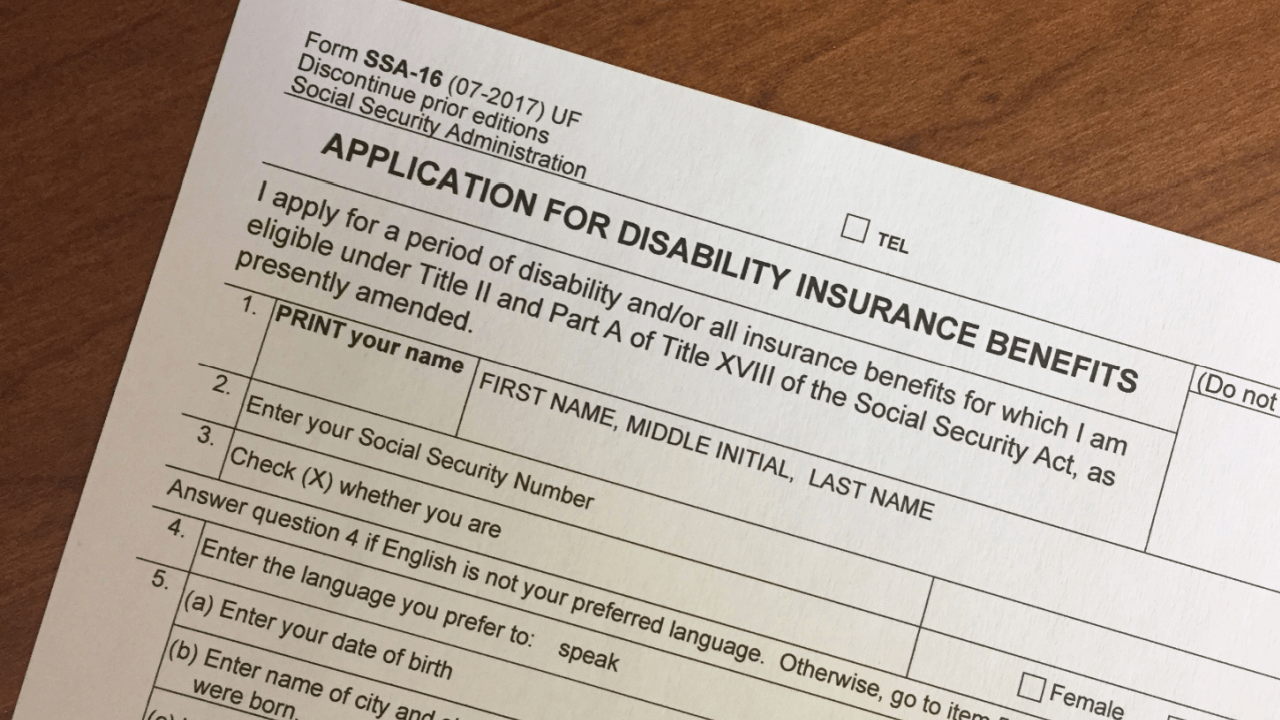
How Do I Get a Social Security Advocate? Finding the Right Help for Your Claim
How Do I Get a Social Security Advocate? Understanding Your Options
Navigating the Social Security Disability Insurance (SSDI) process can be overwhelming, especially if you’re unfamiliar with medical documentation, legal terms, and SSA procedures. That’s why many applicants ask: How do I get a Social Security advocate?
A Social Security advocate is a professional who assists individuals with SSDI or SSI claims. While some advocates are non-attorneys, many are licensed attorneys who specialize in disability law. The right advocate helps you prepare your application, gather medical records, and meet SSA deadlines.
In this article, we’ll walk you through the difference between advocates and lawyers, why representation matters, and how to find the right help for your SSDI claim.
Why Working With a Social Security Advocate or Lawyer Matters
Many applicants choose to work with experienced professionals to help them navigate the SSDI process and understand SSA requirements. Whether you hire a lawyer or a non-attorney advocate, here’s how they support your claim:
They Understand SSA Criteria
Advocates are trained to understand the SSA’s rules and how to meet the definition of “disabled” based on your condition, age, and work history.
They Gather and Present Medical Evidence
Your advocate will gather and submit essential documentation, such as medical records, doctor evaluations, and Residual Functional Capacity (RFC) forms.
They Help Avoid Mistakes and Missed Deadlines
Incorrect paperwork, missed appeals, or incomplete applications often lead to denials. An advocate manages these issues on your behalf.
They Represent You at Hearings
If your case goes before an Administrative Law Judge (ALJ), a qualified Social Security advocate or lawyer will prepare your testimony and present evidence to support your claim.
They Work on Contingency
Most advocates and lawyers do not charge upfront. Representation fees are generally contingent on the outcome of the claim and are subject to SSA rules.
Steps to Find and Choose the Right Social Security Advocate
If you’re wondering how do I get a Social Security advocate, follow these simple steps to ensure you choose the right person:
Decide Between a Lawyer and a Non-Attorney Advocate
Both can represent you before the SSA, but attorneys may offer broader experience—especially during complex appeals or federal court review. Choose the option that fits your situation and comfort level.
Search for Disability Specialists
Look for professionals who focus exclusively or primarily on SSDI and SSI claims. Avoid general practice firms that only handle disability cases occasionally.
Check Credentials and Reviews
Verify that your advocate is licensed (if an attorney) or certified by the SSA (if a non-attorney). Online reviews and testimonials can provide insight into past client experiences.
Ask the Right Questions
During your consultation, ask:
- How long have you handled disability claims?
- Will you manage my case directly?
- What is your success rate?
- How do you communicate with clients?
Avoid Upfront Fees
Whether you’re working with a lawyer or non-attorney advocate, you should not pay anything upfront. Representation fees are only collected if you win.
How Do I Get a Social Security Advocate? Final Thoughts
So, how do I get a Social Security advocate? The best approach is to find a professional—preferably one with extensive experience in SSDI law—who can help you prepare and present your claim.
The right advocate can guide you through each step of the process and help ensure your claim is handled thoroughly and efficiently.
Get Expert Help for Your Disability Claim Today
If you’re looking for a trusted advocate, SocialSecurityDisability.com can help. We connect individuals with experienced Social Security Disability lawyers who focus on assisting with disability claims and protecting clients’ rights.
Our legal partners offer contingency-based representation, meaning fees are handled in accordance with SSA guidelines.
Contact us to get matched with a qualified disability attorney to discuss your situation and available options
Frequently Asked Questions (FAQs)
1. What’s the difference between a Social Security advocate and a lawyer?
Lawyers have law degrees and can represent clients in court. Non-attorney advocates can also represent clients before the SSA, but may have limited authority in appeals beyond hearings.
2. Do I have to pay for a Social Security advocate upfront?
No. Most work on contingency and only collect a fee if your case is successful, capped at 25% of your back pay.
3. How do I know if an advocate is qualifie
Look for SSA-accredited representatives or licensed attorneys with positive reviews and experience in disability law.
5. Where can I find a reputable advocate?
You can search online, ask for referrals, or contact Legal Brand Marketing to be matched with a trusted disability lawyer near you.
Key Takeaways
- A Social Security advocate helps you apply, appeal, and prepare for hearings.
- Both lawyers and non-attorney advocates can represent you before the SSA.
- Choose someone experienced in disability law with strong communication.
- Representation fees are contingency-based—no payment unless you win.
- Legal Brand Marketing connects you with trusted advocates ready to help.


